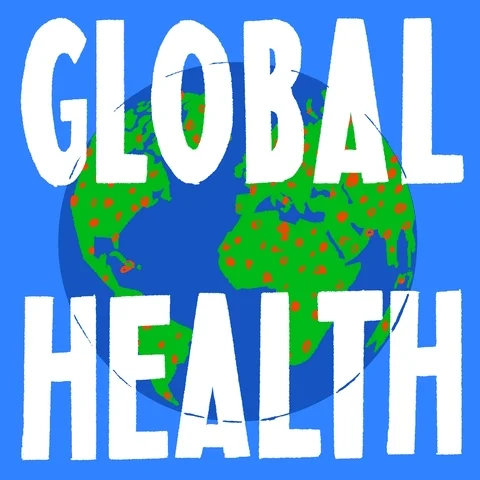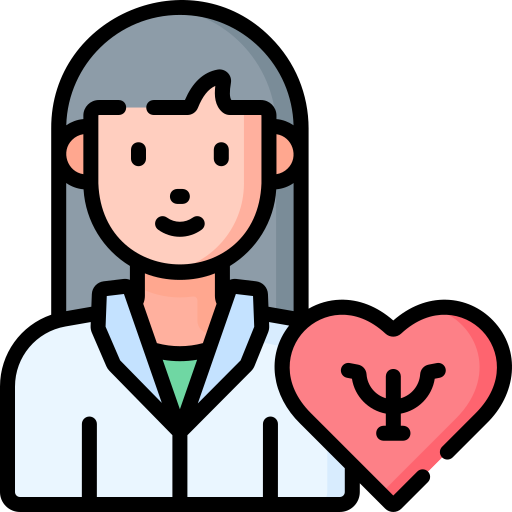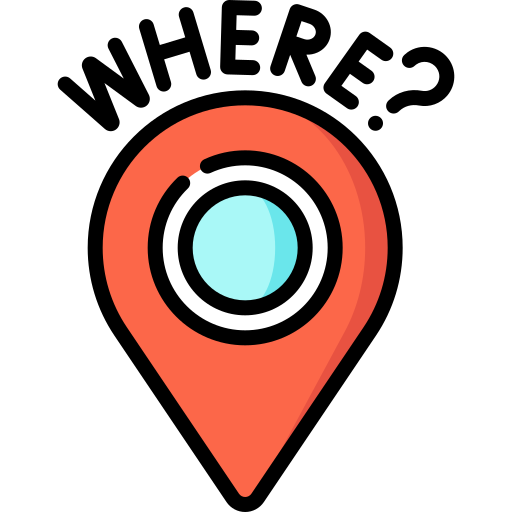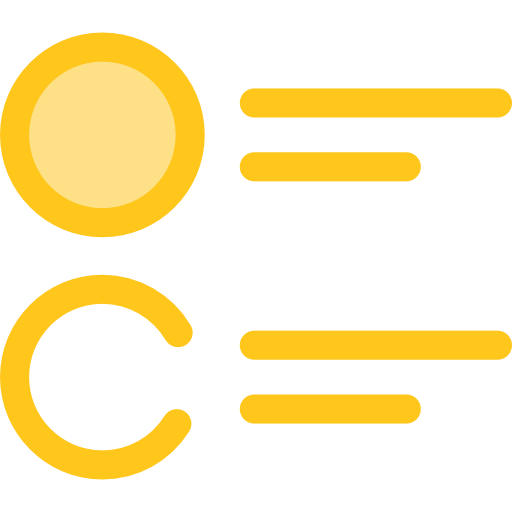
This logo isn't an ad or affiliate link. It's an organization that shares in our mission, and empowered the authors to share their insights in Byte form.
Rumie vets Bytes for compliance with our
Standards.
The organization is responsible for the completeness and reliability of the content.
Learn more
about how Rumie works with partners.
Are you passionate about improving global health?
The World Health Organization (WHO) could be the perfect place to get involved.

By knowing how to find WHO career opportunities, you can take the right steps toward making a real difference.
Why work at WHO?
The WHO seeks talented professionals to contribute to its mission to provide the highest level of health care for all people worldwide. WHO offers unique opportunities for growth, impact, and collaboration. 
Here are a few points why you should consider WHO career opportunities:
Contribute to global health: Your work will help contribute to improving health worldwide and saving lives.
International exposure: Working with diverse professionals from around the globe, you'll develop skills, expand your network, and gain invaluable cross-cultural insights.
Financial security: Receive attractive salary packages, health insurance, pension plans, and benefits.
Remote work and flexible work opportunities: Flexible work opportunities offer work-life balance.
Consider the following scenario:

Lina just graduated with a degree in health sciences. She wants to make a difference by improving health in different countries.
Quiz
Which skills and experiences could Lina gain by working for the World Health Organization (WHO)? Select all that apply:
All these skills and experiences at WHO would help her build an impactful career in global health.
Areas for WHO career opportunities

At WHO, there are diverse opportunities to contribute to the organization's mission. Main job areas include:
Public health: Be involved in programs to prevent diseases and help countries respond to health emergencies.
Management and leadership: Roles involve guiding the team and making important decisions for the organization.
Operations: Staff take responsibility for administration and resource availability.
Emergency: Focus on responding to health crises, like disease outbreaks.
WHO talent programmes
You don’t always need extensive experience to join their team. WHO also offers various talent programmes to help you gain the experience you need after education.
Junior Professional Officer (JPO) Programme for young professionals to gain practical experience.
Internship Programmeforstudents and recent graduates with hands-on experience.
UN Volunteers Programme for volunteers to contribute their skills and support the WHO.
Young Professionals Programmeto provide opportunities toyoung professionals from the least developed countries.

Many positions at WHO require at least a Bachelor’s degree (e.g., public health, medicine, or social sciences)
Most professional roles require a Master’s degree.
Additional qualifications, such as language skills (eg. English, French, or Spanish) are beneficial.

WHO has offices in Geneva, Switzerland (headquarters), and regional offices in locations like Africa, Asia, Europe, the Americas, and the Eastern Mediterranean.
Jobs could also be based in emergency response locations around the world, depending on the health crisis
Navigating the WHO careers website
The WHO official website should be your first choice for a WHO career opportunity job search.
Go to Careers at WHOand familiarize yourself with the layout and sections to explore job areas and opportunities.
Use the search bar to type your specific job-related keywords or Click on "Apply Here" to navigate to Careers at WHO: Apply for a positionwebpage.
Filter jobs by keyword, location, and category and review if it aligns with yours.
Create an online profile and apply for the job.

Using Stellis
After logging in, go to your profile.
Go to "Preferences" to activate alerts.
Customize job search criteria for tailored notifications.
RSS Feeds
Available through the external candidate and internship program portals.
Subscribe to RSS feeds by clicking the link provided in the above portals.
Quiz
Jennifer is interested in operations roles at WHO and want to stay updated on new job openings in operations. What should she do to find job opportunities?
The best approach is to receive alerts for new operations roles at WHO. This ensures she doesn’t have to constantly check the website manually, and it allows her to stay updated automatically.
Did you know?
RSS feeds allow you to receive updates without constantly checking websites, making your job search more efficient!
Additional resources

There are numerous other platforms and networks that you can explore for WHO career opportunities:
While the Stellis portal is the primary platform for WHO job openings worldwide, you may also explore localized job postings on regional WHO websites including WHO Africa and WHO Europe, which feature job listings specific to those regions' health needs.
Check the UN careers portal,a job board for United Nations system jobs, including WHO.
Follow WHO and relevant groups on Linkedln for job updates and networking.
Job boards like Indeed or Glassdoor can also be useful for finding WHO job openings. Create job alerts specifically for WHO jobs.
Explore career services at your university for job listings in global health.
Attend public health events to connect with professionals and learn about job opportunities.
Take Action

Take these actionable steps to move forward WHO career opportunities:
This Byte has been authored by
Neeba Wilson
Scientific writer
Masters